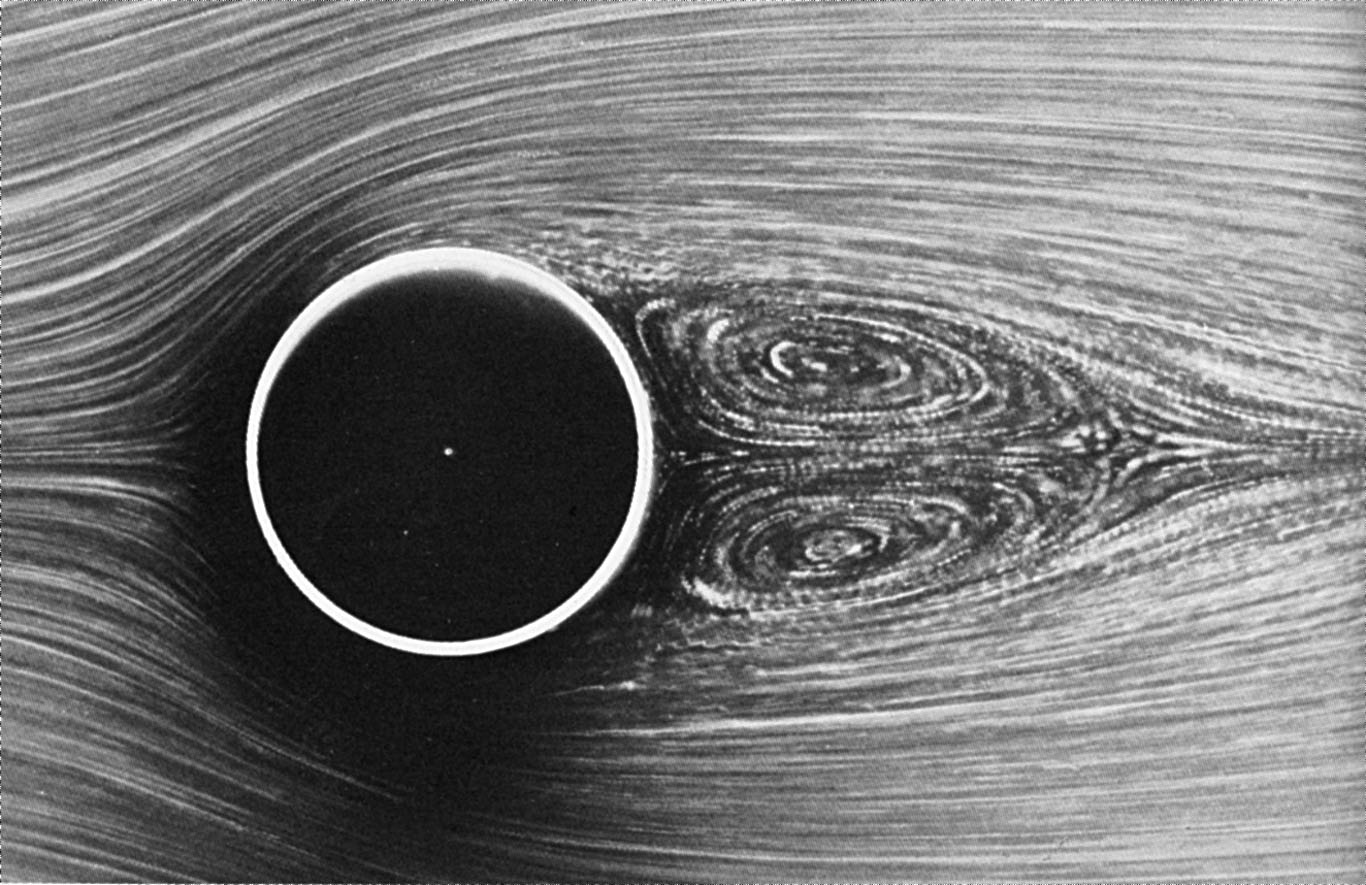Within the current global context of rapid change, integrated with the potentials of digital technologies, IAAC’s Master in Advanced Architecture (MAA) is committed to the generation of new ideas and applications for Urban Design, Self Sufficiency, Digital Manufacturing Techniques and Advanced Interaction.
In this context IAAC works with a multidisciplinary approach, facing the challenges posed by our environment and the future development of cities, architecture and buildings, through a virtuous combination of technology, biology, computational design, digital and robotic fabrication, pushing innovation beyond the boundaries of a more traditional architectural approach.
Course: MAA01 23/24 Computational Design II Seminar Level 1
In computer science, algorithms are habitually defined as fixed and often finite procedures of step-by-step instructions understood to produce something other than themselves. These logic structures interface with data, sourced from any computable phenomena, becoming the basis for a new array of design strategies. The Computational Design Seminar focuses on emergent design strategies based on algorithmic design logics. From the physical spaces of our built environment to the networked spaces of digital culture, algorithmic and computational strategies are reshaping not only design strategies, but the entire perception of Architecture and its boundaries.
view Syllabus & FacultyNatural Behavior : Root Branching System
Utilizing Grasshopper scripting on natural behaviour, the project replicates tree root growth, emphasizing endless bifurcation at random branch endpoints. Informed by scientific research on root behaviour, this computational model simulates the stochastic nature of root growth, offering insights into complex root architecture and interaction with the environment.
Slime Molds Simulation
Natural Behavior This exercise focuses on exploring and understanding the behavior of Physarum polycephalum, a slime mold organism, through digital simulations. Different configurations and parameters will be investigated to observe how they affect the movement, reproduction, and growth of this organism. The goal is to gain a deeper understanding of the interactions of Physarum polycephalum … Read more





